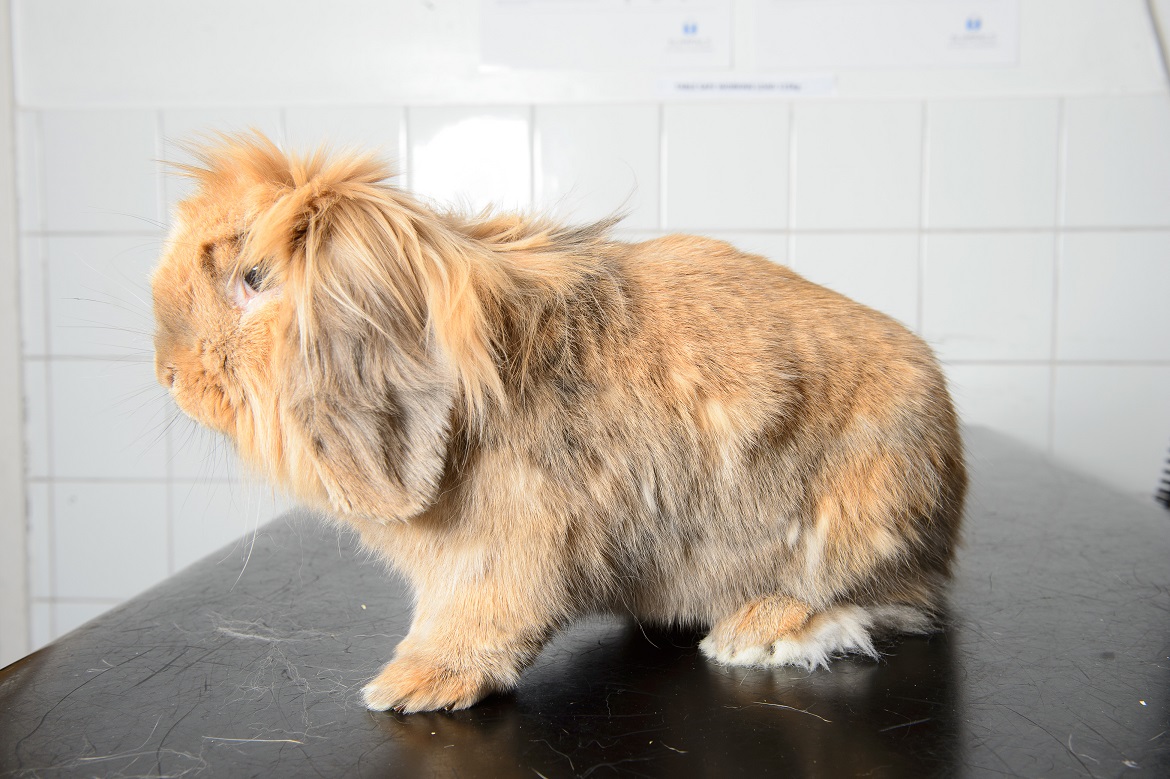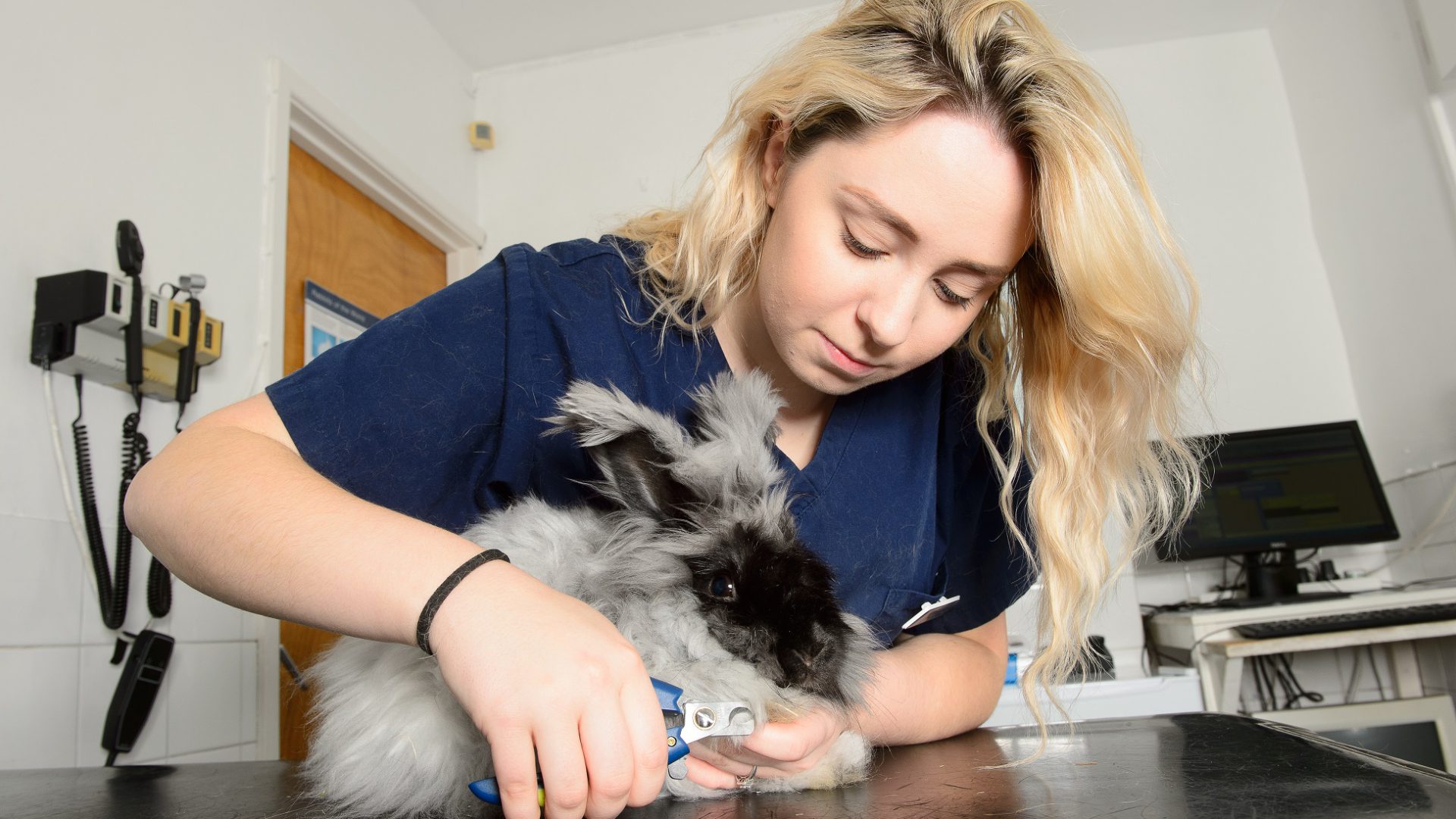EASTER is a popular time of the year for people to buy rabbits as pets, thanks to the abundance of fluffy rabbit imagery and chocolate bunnies on shop shelves.
However, new owners are often unprepared for the task of looking after a rabbit with statistics from the RSPCA showing that 80 per cent of bunnies bought specifically at Easter are given up (or die due to neglect) within a year.
Robin Lewis & Associates in Station Street, Penygraig is running bunny clinics so rabbit owners can get free advice on how best to care for their floppy eared friends.
Practice Manager Sadie Srivastava said: “Rabbits are our third most popular pet as a nation and are often viewed as a low maintenance family pet.
“Rabbits need a lot of support and care to ensure they are healthy and happy and often owners are not prepared to take this on.
“Even if you are only considering getting a rabbit this Easter then we invite you to pop along to the practice for a chat with the team at one of our free bunny clinics.
“We will advise you on the correct diet, the best housing, vaccinations and neutering before you make that commitment.
“If you are considering a companion for your existing rabbit, our nurses are trained to advise you on the correct way of bonding, so the entire process goes as smoothly as possible.”
The nurse-led clinics run from 11.30am to 12.30pm on Thursdays with free nail clips for rabbits on offer during April’s clinics.
Robin Lewis & Associates also expects to see a rise in the number of poorly pets who have eaten something they shouldn’t have this Easter.
Easter eggs, sweets and hot cross buns may be tempting treats but they are potentially fatal if eaten by pets.
Easter is the second busiest time of year after Christmas for cases of chocolate poisoning. Chocolate contains a chemical called theobromine, which is toxic to pets, and even small amounts can cause heart problems, hyper excitability and fits.
Robin Lewis & Associates is urging owners to contact their local surgery if they suspect their pet has eaten anything toxic.
For media enquiries, please contact Mark Pearson, VetPartners PR and Communications Manager, on 01733 352200 or email mark.pearson@vetpartners.co.uk

